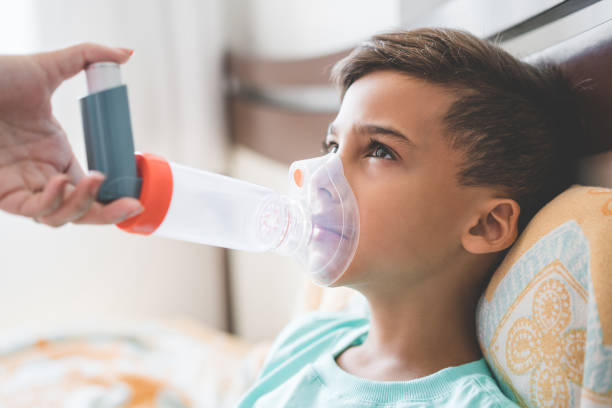
Nocturnal enuresis is defined as the repeated occurrence of involuntary urination during sleep in children who are old enough to have achieved bladder control during the day. It is often categorized as either primary or secondary:
The primary symptom of nocturnal enuresis is the involuntary passage of urine during sleep. Additional signs may include:
Urinating in bed multiple times per week.
Noticeable wetness or soiling of bed linens and pajamas.
Difficulty waking up when the bladder is full or while bedwetting occurs.
Having normal control of urination during the day, but not at night.
Parents should consult Dr. Sanjay Jain at Nitya Child Care and Vaccination Clinic in Indore if:
Nocturnal enuresis is a common condition that can significantly impact a child’s and family’s quality of life. By understanding the symptoms, treatment options, and preventive measures, parents can take proactive steps to manage and address bedwetting. Dr. Sanjay Jain at Nitya Child Care and Vaccination Clinic in Indore provides expert care and guidance for managing nocturnal enuresis, helping to ensure better outcomes for affected children.
Copyright © 2023 pediatricianindore .